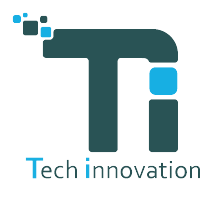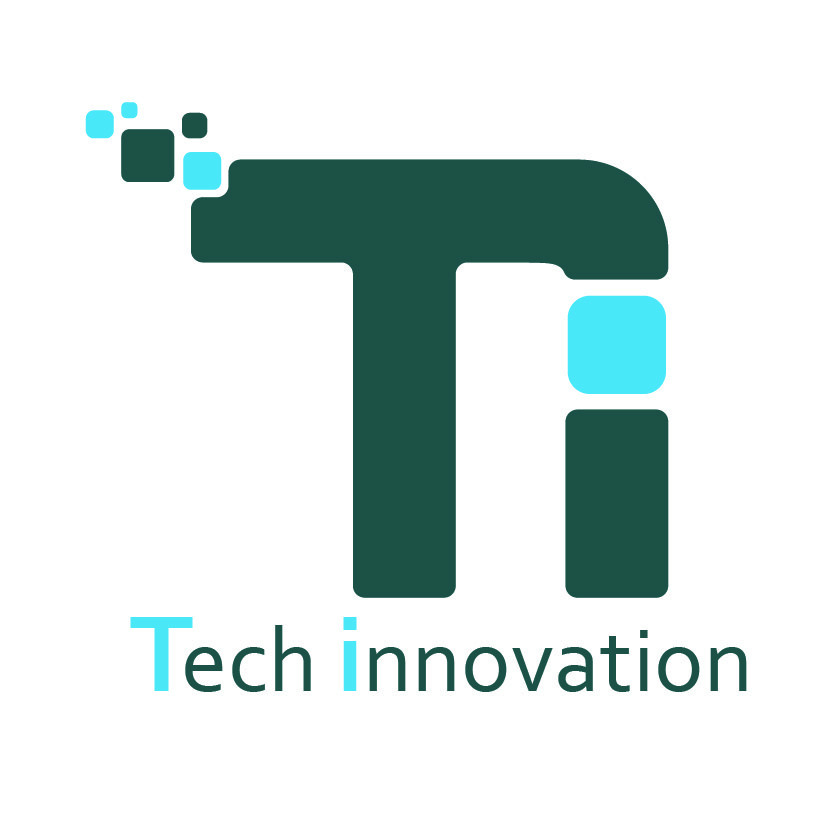
About iDoctor
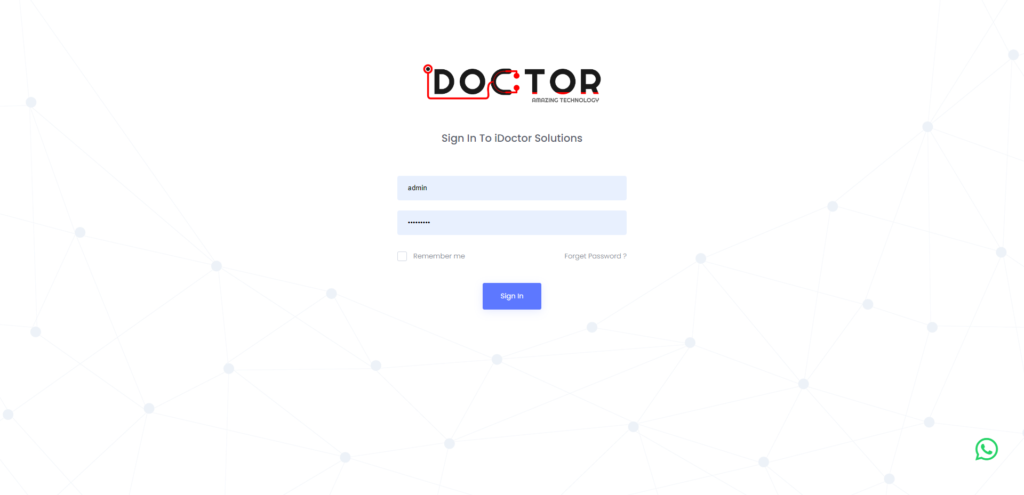


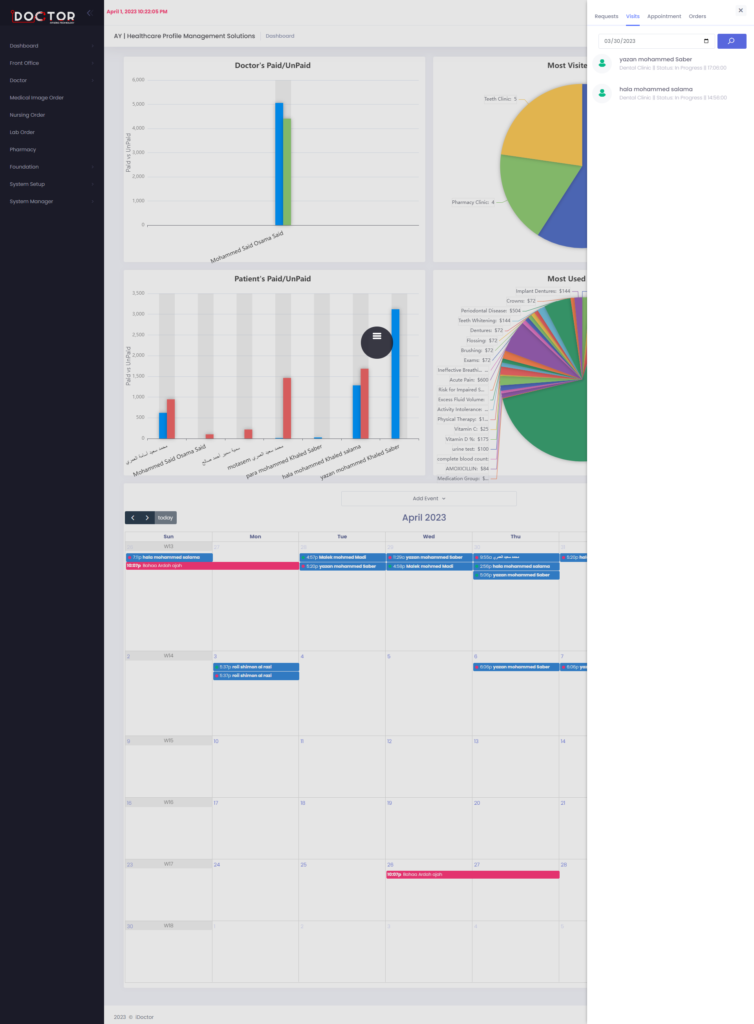
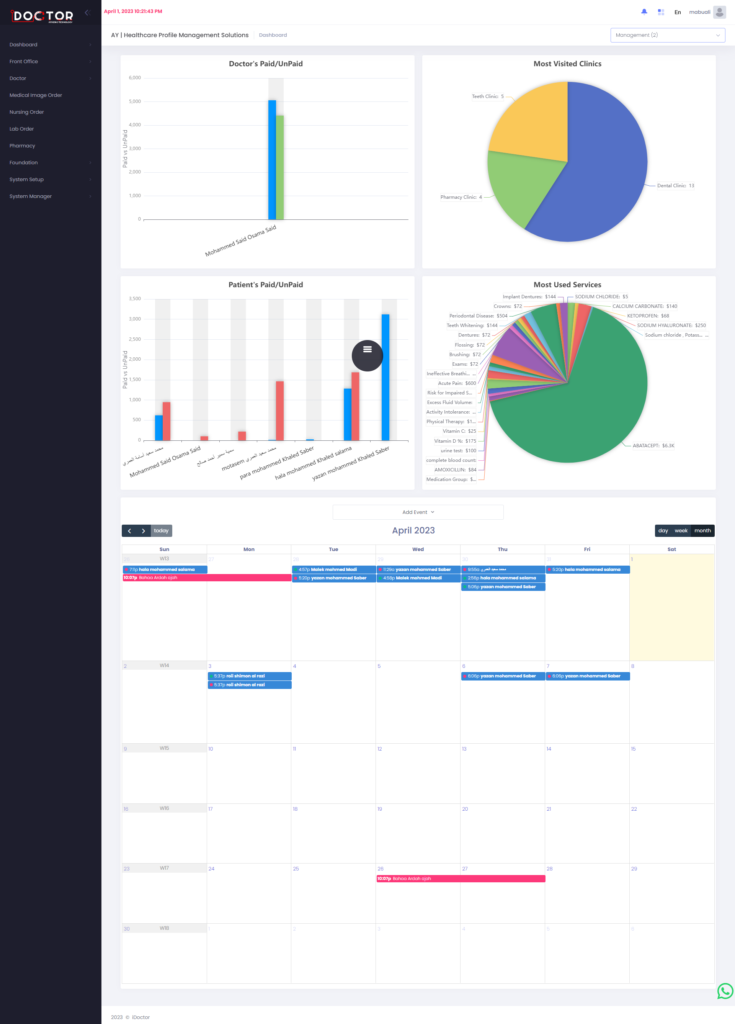


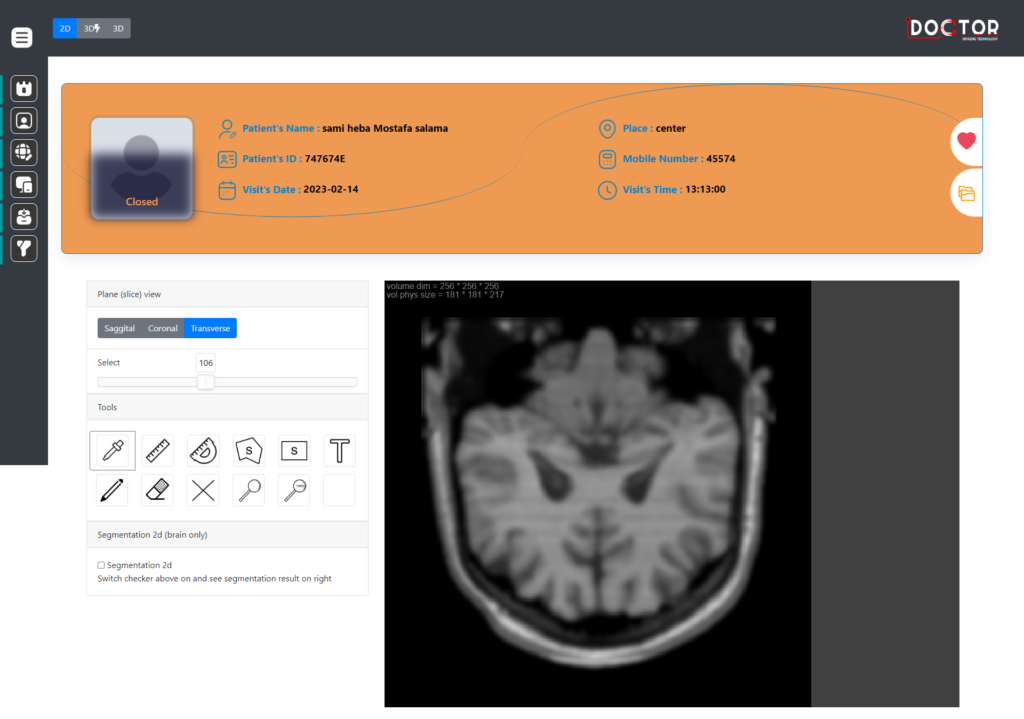

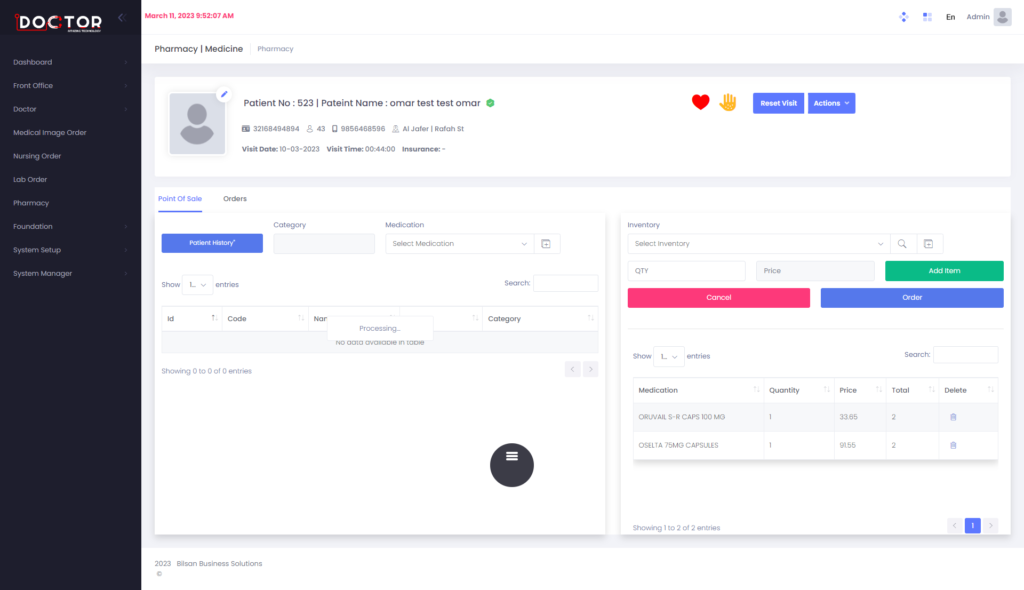

iDoctor is a comprehensive clinic management solution designed to streamline and automate various processes involved in running a medical practice. The software offers a range of features that help clinics improve patient care, enhance operational efficiency, and increase revenue.
Here are some key features of iDoctor:
- Appointment Scheduling: With iDoctor, clinics can easily manage their appointments and schedules. Patients can book appointments online, and clinics can automatically send appointment reminders to reduce no-shows.
- Electronic Medical Records: iDoctor offers a digital record-keeping system that allows clinics to store and manage all patient data securely. This includes medical history, lab reports, prescriptions, and other documents.
- Billing and Invoicing: iDoctor simplifies the billing process by automating the generation of invoices, tracking payments, and generating reports. Clinics can easily manage their finances and monitor their revenue in real-time.
- Inventory Management: With iDoctor, clinics can keep track of their medical supplies and equipment. The software alerts clinics when supplies are running low, making it easier to manage inventory and reduce waste.
- Reporting and Analytics: iDoctor offers detailed reports and analytics that help clinics monitor their performance and identify areas for improvement. The software generates reports on appointment bookings, patient demographics, revenue, and more.
- Patient Portal: iDoctor allows patients to access their medical records, book appointments, and communicate with their doctors securely through a patient portal. This helps improve patient engagement and satisfaction.
Overall, iDoctor is an excellent clinic management solution that offers a range of features to help clinics improve their operations and provide better patient care. With iDoctor, clinics can automate various processes, reduce administrative burdens, and focus more on delivering high-quality healthcare services.
iDoctor supports nPHIes, HL7, and FHIR. We understand that navigating the healthcare system can be complicated, which is why we’ve created a system that offers a wide range of features and capabilities to help you manage your health and wellness.
Our system is compliant with nPHI (Normalized Patient Health Information) standards, which is a set of standard data elements for exchanging patient health information between healthcare providers, payers, and other entities involved in the healthcare industry. This ensures that your health information is exchanged securely and in compliance with the latest regulations and standards.
In addition, iDoctor supports HL7 (Health Level Seven) and FHIR (Fast Healthcare Interoperability Resources) standards for data exchange, which makes it easier for different healthcare providers and systems to exchange health information in a standardized way. This means that you can easily share your health information with your healthcare providers and access your health records from anywhere, all while ensuring that your data is secure and confidential.
Our system offers a range of features and capabilities to help you manage your health and wellness, including:
- Electronic health records (EHRs): Access your health records online, including your medical history, lab results, and other health information, all in one place.
- Appointment scheduling: Book appointments with your healthcare providers online, and receive automated reminders to ensure that you never miss an appointment.
- Medication management: Keep track of your medications and receive reminders when it’s time to take your medication.
- Telemedicine: Connect with your healthcare providers remotely through video consultations, which is especially useful for those who live far away or have mobility issues.
- Healthcare insurance module: Browse and purchase healthcare insurance products online, all while ensuring that your health information is exchanged securely and in compliance with nPHI standards.
At iDoctor, we’re committed to helping you manage your health and wellness in a way that’s convenient, secure, and efficient. Our support of nPHIes, HL7, and FHIR standards ensures that your health information is exchanged in a standardized way, making it easier for you to access and share your health records with your healthcare providers.
Our healthcare insurance module offers a user-friendly interface that allows you to easily browse and purchase healthcare insurance products online while ensuring that your health information is kept secure and confidential. As a hospital information system that supports nPHIes, iDoctor has a unique advantage of seamlessly integrating your health information with your healthcare insurance products, ensuring that your data is accurate and up-to-date.
We have a wide range of healthcare insurance products available, including:
- Medical insurance: Get comprehensive coverage for medical expenses such as doctor visits, hospitalization, prescription drugs, and more, all while ensuring that your health information is exchanged securely and in compliance with nPHI standards.
- Dental insurance: Keep your teeth and gums healthy with our dental insurance policies, which cover regular check-ups, cleanings, and more complex dental procedures, all while maintaining the confidentiality of your health information.
- Vision insurance: Ensure that your eyesight is always in good shape with our vision insurance policies, which cover routine eye exams, eyeglasses, and contact lenses, while adhering to nPHI standards for data exchange.
iDoctor supports all medical devices. We understand that medical devices play a critical role in modern healthcare, and that’s why we’ve created a system that can integrate with a wide range of medical devices to provide you with the best possible care and support.
Our system supports all medical devices, from blood glucose monitors to heart rate monitors to smart inhalers, and everything in between. This means that your healthcare providers can easily access your medical device data and use it to make more informed decisions about your care.
In addition, our system is designed to be easy to use and integrate with other healthcare technologies, such as electronic health records (EHRs) and healthcare insurance systems. This means that you can easily share your medical device data with your healthcare providers and insurers, all while ensuring that your data is secure and confidential.
Some of the key features of our system include:
- Real-time data monitoring: Monitor your medical device data in real-time, allowing you and your healthcare providers to identify any issues or trends early on.
- Data visualization: Our system can display your medical device data in easy-to-understand charts and graphs, allowing you to better understand your health and wellness.
- Alerts and notifications: Receive alerts and notifications when your medical device data indicates a potential issue, such as a drop in blood sugar levels or a change in heart rate.
- Integration with other healthcare technologies: Our system can integrate with other healthcare technologies, such as EHRs and healthcare insurance systems, to provide a seamless healthcare experience.
At iDoctor, we’re committed to providing you with the best possible care and support. Our support for all medical devices ensures that your healthcare providers have access to the most up-to-date information about your health and wellness, allowing them to make more informed decisions about your care.
Mental health insurance: Take care of your mental health with our mental health insurance policies, which cover therapy sessions, counseling, and other mental health services, while ensuring the security and privacy of your health information.
Long-term care insurance: Prepare for the future by investing in long-term care insurance, which covers the cost of care in a nursing home or assisted living facility, all while adhering to nPHI standards for data exchange.
No matter which healthcare insurance product you choose, you can rest assured that your health information will be exchanged securely and in compliance with nPHI standards, ensuring that you receive the best possible care and support when you need it most. With iDoctor’s integration of your health information with your healthcare insurance products, you can also benefit from more efficient and effective care.
iDoctor built as microservices. We understand that modern healthcare requires a flexible and scalable technology infrastructure, which is why we’ve built our system as a series of interconnected microservices that can be easily scaled and updated to meet your changing needs.
Our microservices architecture allows us to create small, independent services that can be developed, deployed, and managed separately, ensuring that our system is reliable, scalable, and easy to maintain. This approach also allows us to quickly add new features and capabilities to our system, without disrupting the existing functionality.
Some of the key features of our microservices-based healthcare information solution include:
- Scalability: Our system is designed to be scalable, which means that we can easily add new microservices as needed to support the growth of our system and to meet the changing needs of our customers.
- Flexibility: Our microservices architecture allows us to easily integrate with other healthcare technologies, such as electronic health records (EHRs), healthcare insurance systems, and medical devices, allowing us to create a comprehensive and seamless healthcare experience for our users.
- Resilience: Our microservices are designed to be resilient, which means that if one microservice fails, the rest of the system can continue to function without interruption.
- Security: Our microservices are designed with security in mind, ensuring that your healthcare data is secure and protected at all times.
At iDoctor, we’re committed to providing you with a healthcare information solution that’s flexible, scalable, and reliable. Our microservices architecture allows us to create a system that’s tailored to your needs, while ensuring that our system remains reliable and easy to maintain.
iDoctor built as a secure API. We understand that security is critical in healthcare, which is why we’ve built our system as a secure API that ensures the privacy and integrity of your healthcare data.
Our secure API architecture allows us to create a series of endpoints that can be accessed securely from other healthcare technologies, such as electronic health records (EHRs), healthcare insurance systems, and medical devices. This approach ensures that your healthcare data is protected at all times and that only authorized users have access to it.
Some of the key features of our secure API-based healthcare information solution include:
- Authentication and authorization: Our API require authentication and authorization to access, ensuring that only authorized users can access your healthcare data.
- Encrypted data transmission: Our API uses encrypted data transmission, which means that your healthcare data is protected as it’s transmitted between systems.
- Fine-grained access controls: Our API allows us to implement fine-grained access controls, which means that we can control who has access to your healthcare data and what they can do with it.
- Audit logging: Our API logs all activity, ensuring that we can track who has accessed your healthcare data and what they have done with it.
At iDoctor, we’re committed to providing you with a healthcare information solution that’s secure, reliable, and easy to use. Our secure API-based architecture ensures that your healthcare data is protected at all times and that only authorized users have access to it.
iDoctor fully integrated with RFID devices. We understand that RFID technology can play a critical role in modern healthcare, which is why we’ve built our system to seamlessly integrate with RFID devices.
Our integration with RFID devices allows us to track and manage medical equipment, supplies, and patients in real-time, ensuring that healthcare providers have access to the information they need to make informed decisions and provide high-quality care.
Some of the key features of our RFID-integrated healthcare information solution include:
- Real-time tracking: Our system allows us to track medical equipment, supplies, and patients in real-time, ensuring that healthcare providers have access to the information they need when they need it.
- Improved patient safety: Our integration with RFID devices allows us to improve patient safety by ensuring that the right patient receives the right treatment at the right time.
- Improved inventory management: Our system allows us to manage medical equipment and supplies more efficiently, ensuring that healthcare providers have access to the tools they need to provide high-quality care.
- Reduced administrative burden: Our RFID-integrated system reduces the administrative burden on healthcare providers, allowing them to focus more time and attention on patient care.
At iDoctor, we’re committed to providing you with a healthcare information solution that’s comprehensive, reliable, and easy to use. Our integration with RFID devices allows us to provide you with real-time tracking, improved patient safety, improved inventory management, and reduced administrative burden.
iDoctor Healthcare Solution is a comprehensive healthcare platform that offers a range of healthcare services to patients, healthcare providers, and healthcare organizations. One of the key features of iDoctor is its powerful dashboard that allows healthcare providers to visualize and analyze patient data in real-time.
To build a dashboard with Power BI for iDoctor Healthcare Solution, we will follow the following steps:
Define the Objectives: The first step in building a dashboard is to define the objectives. The objectives should be aligned with the business goals and should be specific, measurable, achievable, relevant, and time-bound. The objectives can be to improve patient outcomes, reduce costs, increase patient satisfaction, or improve operational efficiency.
Gather the Data: The next step is to gather the data required for the dashboard. The data can be gathered from various sources such as electronic health records, patient surveys, financial reports, and operational data.
Clean and Transform the Data: Once the data is gathered, it needs to be cleaned and transformed. This involves removing any duplicates, missing values, and inconsistencies in the data. It also involves transforming the data into a format that can be used for analysis.
Choose the Right Visualizations: The next step is to choose the right visualizations for the dashboard. The visualizations should be based on the objectives and the data gathered. The visualizations can include tables, charts, graphs, and maps.
Create the Dashboard: The final step is to create the dashboard using Power BI. Power BI is a powerful data visualization tool that allows you to create interactive dashboards and reports. The dashboard should be designed in a way that is easy to use, intuitive, and visually appealing.
In conclusion, building a dashboard with Power BI for iDoctor Healthcare Solution requires careful planning, data gathering, data cleaning and transformation, visualization selection, and dashboard creation. By following these steps, healthcare providers can gain valuable insights into patient data and improve patient outcomes, reduce costs, increase patient satisfaction, and improve operational efficiency.
